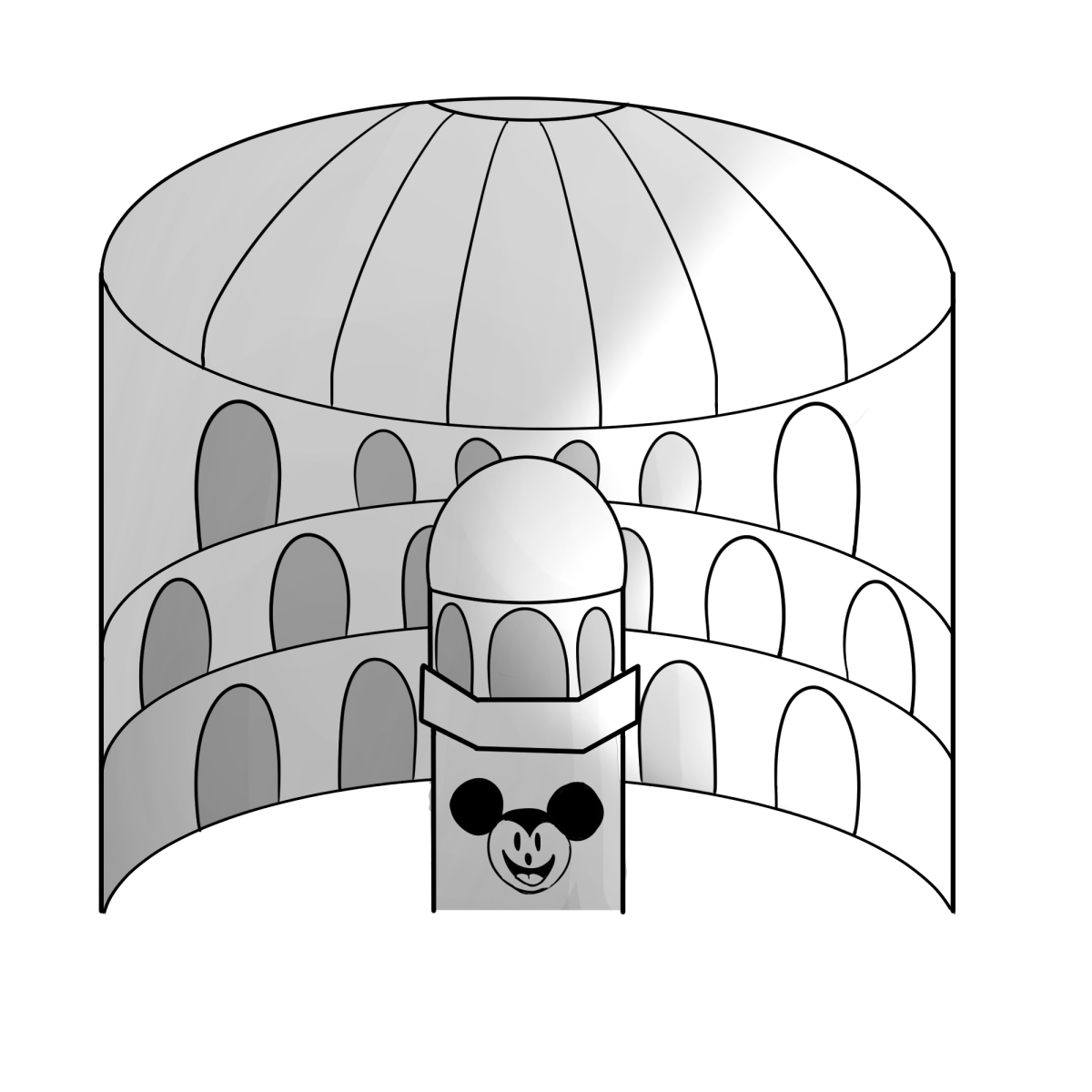A sad fact of life is that many important issues are ones that most people find quite boring, which has become evident to me from people’s reactions when I tell them that my next article is about copyright law.
Copyright has been talked about somewhat more than usual recently thanks to the entrance of Walt Disney’s Steamboat Willie cartoon into the public domain. This change means that now everyone, not just Disney, has the right to republish or use the cartoon however they want so long as they do not claim to have made it themselves. Steamboat Willie was supposed to enter the public domain significantly earlier, but Disney successfully lobbied against this for decades.
Tepid public interest in copyright allows us to ask some important questions about copyright law in general. Namely, questions about who U.S. copyright law actually protects and whether the time has come to change how it is written and enforced.
The first U.S. copyright law was passed in 1790 to give the authors of charts, maps and books the sole right to publish their works for either 14 or, if the author renewed the copyright, 28 years after their creation.
The law has been amended and superseded many times, but before the late 20th century, the general principle remained the same: to protect creators from unauthorized redistribution of their work for, in effect, most of their lifetime. The problem, however, came with later revisions and the heavy presence of corporations in creative fields.
An incredibly significant revision came with the Copyright Act of 1976, which increased the span of copyright to be all of the author’s lifetime plus 50 years, or 75 years total for works authored by corporations. This span was again extended in 1998 to the life of the author plus 70 years, or 95 years for corporate works.
The fact that these extensions were the result of extensive corporate lobbying tells us something. Particularly, the repeated extensions for works of corporate authorship indicate a profound shift in who the U.S. government is trying to protect with copyright, as does the fact that artists can continue to generate exclusive profits after their death for the corporations that own the rights to their work.
Aside from that, the way copyright is enforced presently is questionable and in many ways goes against its original spirit. Copyright is supposed to protect creators from losing out on the profits and recognition of their work. With corporations involved, however, copyright enforcement is no longer sanctioned by the creators themselves.
Take the case of derivative works, creations that use major elements from copyrighted works. Copyright law is supposed to protect these works, but corporations frequently abuse their power to limit them. Nintendo is notorious for this, having engaged in ruthless protection of its intellectual properties by taking down hundreds of fan-made games, with the developers of the original titles not involved in the process.
Another derivative video game copyright situation emerged recently with the game “Undertale Yellow” (UTY), a fan-made prequel to Toby Fox’s 2015 game “Undertale,” after UTY’s developers published select songs from its soundtrack. The CEO of Toby Fox’s record label then attempted to legally intimidate them into submission online, leading Fox to publicly step in on UTY’s behalf.
“Undertale” was a game that presented themes of colonialism, mass displacement, genocide and cycles of violence to a massive audience. UTY took these messages and developed them to create another incredible work about justice on an individual and systemic level, as well as grief, forgiveness and redemption.
The precise communication of UTY’s messages would have been impossible without iterating on the original game. Thankfully, Fox ensured this particular game’s survival, but what can be said about the countless works stamped out by companies like Nintendo?
Art is incredibly vital. It is a fundamental form of human communication and is also a form of activism. There is a reason it is so extensively studied and talked about: art is an irreplaceable form of expression that conveys meaning beyond what is possible through rhetoric. Further, derivative works can develop the messages laid out by original works in amazing ways.
Copyright can be an incredibly useful tool for the protection of creators. However, it is clear that corporations need to be reined in regarding how they enforce it. If corporations have carte blanche to enforce their copyrights for absurd lengths of time and ruthlessly take down anything that vaguely seems like it might infringe on them in some way, we are approaching a dark time for artistic expression.








